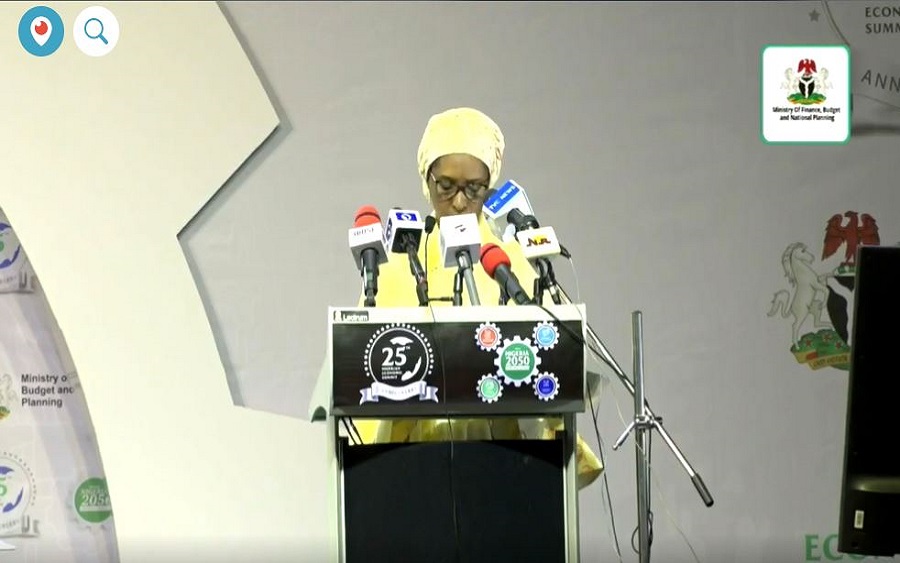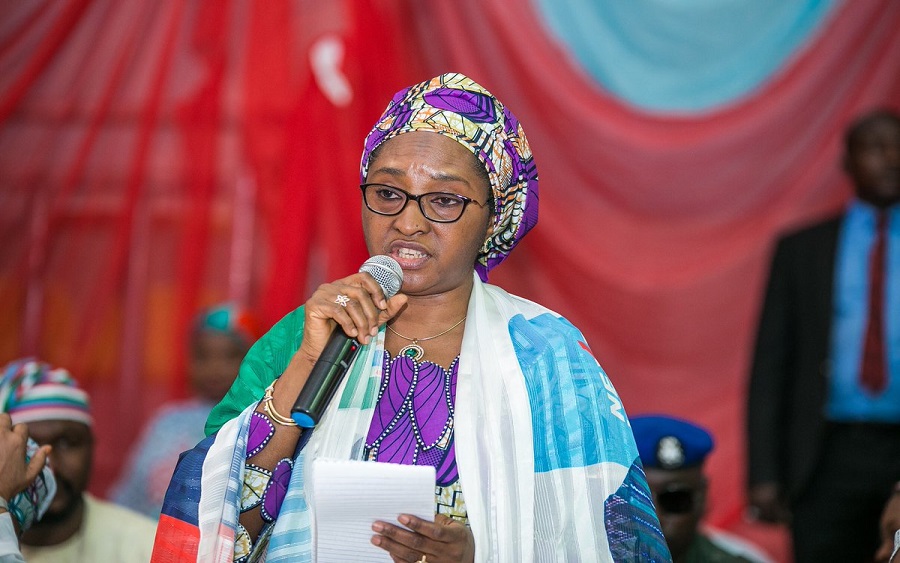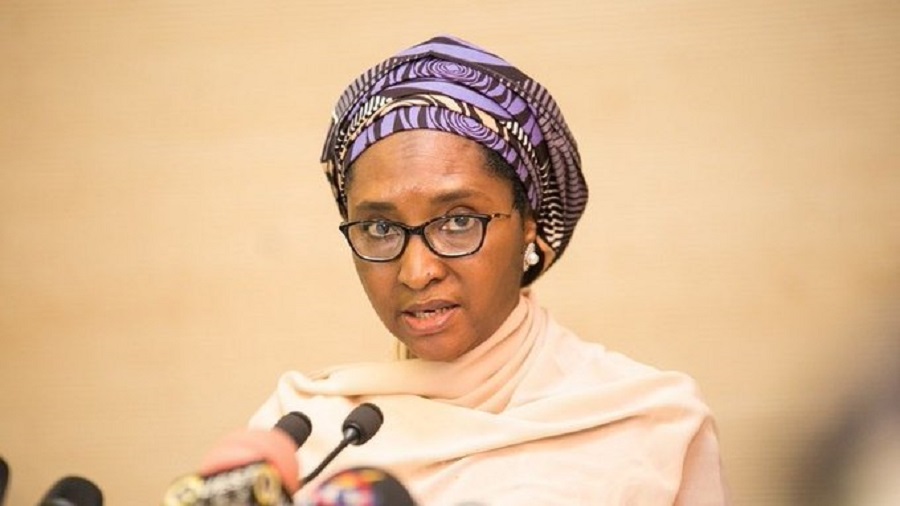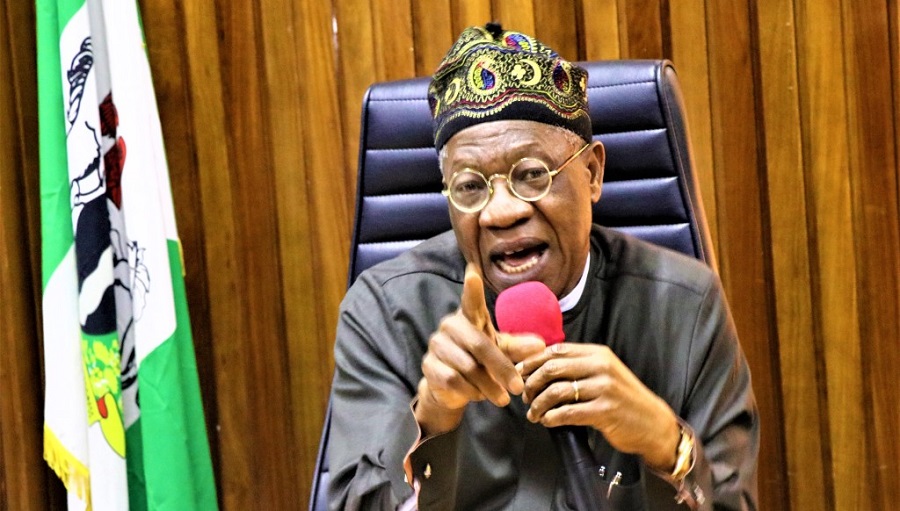The 25th Nigerian Economic Summit (#NES25) is currently ongoing in Abuja and so far, we have seen many industry experts and policymakers discuss ways the public and private sectors can best collaborate towards positioning the Nigerian economy for growth by 2050.
This year’s theme, according to the Nigerian Economic Summit Group (NESG), is “Nigeria 2050: Shifting Focus”. In line with this, discussions during the two-day event are focusing on ways to actualise rapid industrialisation, transform the Nigerian education sector, manage the demography, as well as peace and security.
[READ MORE: NMRC signs N3bn mortgage agreement with Kaduna govt]
In his opening remark, the NESG’s Chief Executive Officer, Laoye Jaiyeola, emphasised that, “only a competitive private sector economy can help Nigeria achieve a high standard of living and economic prosperity for all Nigerians in 2050.”
Nigeria’s Minister of Budget and National Planning, Mrs Zainab Ahmed, expressed similar sentiments. According to her, the focus will be on identifying the pillars of Nigeria’s 4th Industrial Revolution.
“This year’s Summit would be setting a new agenda for Nigeria to key into the 4th Industrial Revolution as the Summit Sub-themes will focus on achieving rapid industrialization; transforming education and managing demography.”
25th NIGERIAN ECONOMIC SUMMIT – NIGERIA 2050: SHIFTING GEARS https://t.co/D1vJhiZPgs
— Nigerian Economic Summit Group (NESG) (@officialNESG) October 7, 2019

This year, President Muhammadu Buhari was on ground to declare NESG event open. In his remark, he expressed his administration’s commitment to work closely with the private sector in the pursuit agendas that would facilitate Nigeria’s developmental goals.
This morning I declared open the 25th Nigerian Economic Summit. Our government looks forward to continued collaboration with the private sector in designing & implementing development projects that will keep Nigeria on track for sustained, inclusive and prosperity-driven growth.
— Muhammadu Buhari (@MBuhari) October 7, 2019
As always, the private sector is fully represented at this year’s summit. Many business leaders are participating in plenaries and tackling important issues. Talking on education, for instance, the Chairman of First Bank of Nigeria Limited, Ibukun Awosika, said the following:
“We have an emergency in the education sector! We need to close the gaps between what our universities are teaching and what our industries require … because there are gaps to be filled.”
The Chairman of the Manufacturers Association of Nigeria, Engr. Mansur Mohammed, opined that one of the ways the Africa Continental Free Area (ACFTA) could be beneficial to Nigeria is if it can trigger agricultural, industrial, and infrastructural revolutions.
#AFTCA must trigger agricultural, industrial and infrastructural revolutions to be effective. – Engr Masur Mohammed, Chairman @MAN_NGR #NES25 #NESG #Nigeria2050ShiftingGears
— Nigerian Economic Summit Group (NESG) (@officialNESG) October 7, 2019
[READ ALSO: Austin Okere talks about fire incident at CWG Plc and other issues]
Meanwhile, the Chief Executive Officer of Jumia, Juliet Anammah, was emphatic when she stated that Nigeria needs policies that support micro-industries. This message is particularly pertinent at this point that the government is proposing what many observers do not think is particularly favourable to small, online businesses.
We need policies that create and support micro-industries and deploy to small sectors. – #JulietAnammah of @JumiaNigeria #NES25 #NESG #Nigeria2050ShiftingGears #Nigeriain2050BoomorBust pic.twitter.com/txTTQmEv0s
— Nigerian Economic Summit Group (NESG) (@officialNESG) October 7, 2019
The summit will continue through to tomorrow when the closing ceremony will take place.





















